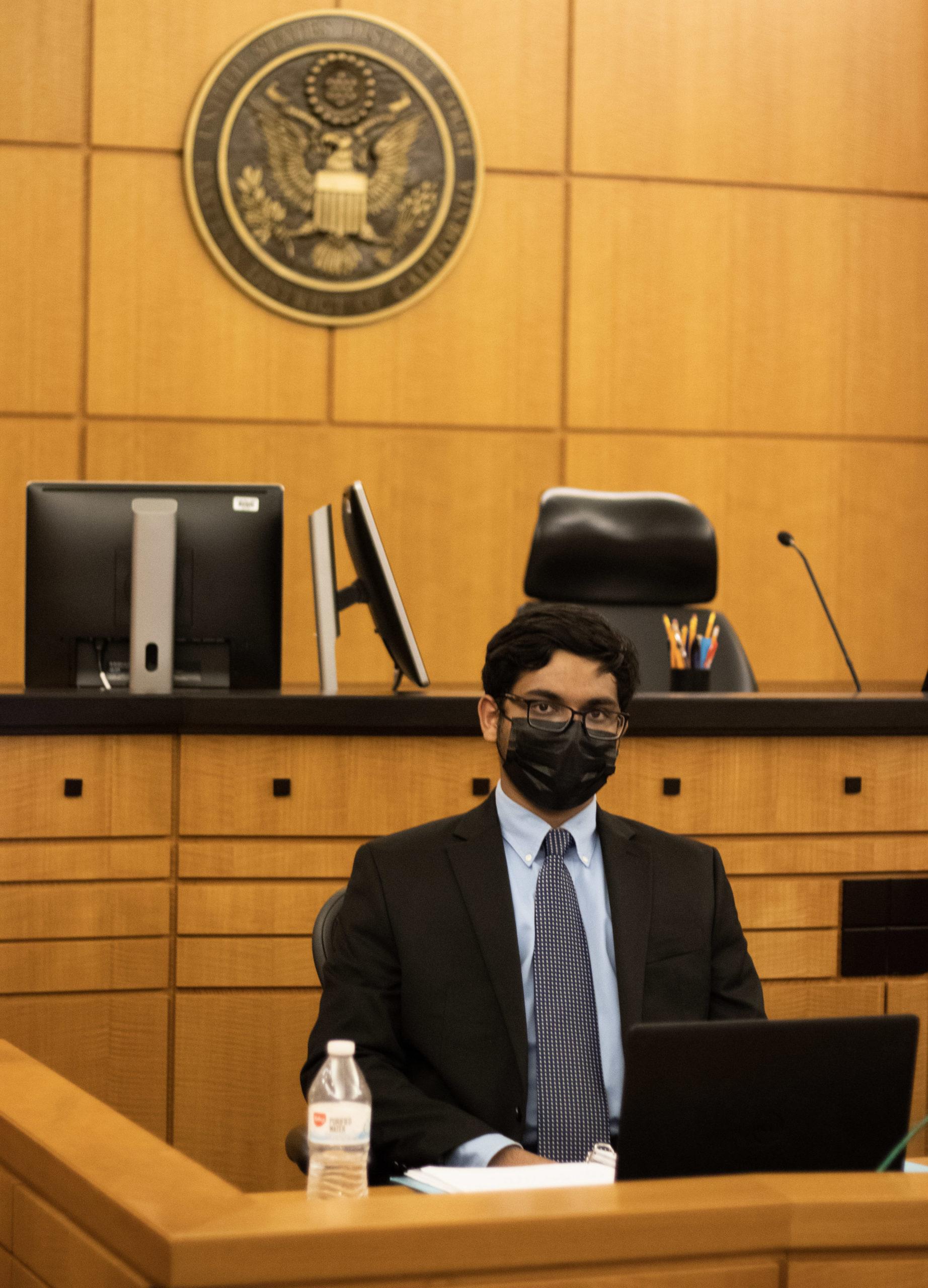Country Day summer class teachers had to adjust their courses to fit the online learning format due to COVID-19. Students had to adjust too.
Two high school summer class teachers, and senior Elijah Azar, recently reflected on their virtual learning experience.
Teaching pre-calculus is “really difficult, even in person because there’s so much information,” said pre-calculus teacher Patricia Jacobsen.
“A lot of what I teach is a review of Algebra II Honors,” Jacobsen said. “This year, there were a few students who hadn’t taken that class, so I was worried we wouldn’t have enough time for them to grasp the concepts.”
Biology teacher Kellie Whited also had to make changes to her curriculum to fit the online learning format.
“Most teachers online or in person are constantly changing their curriculum, particularly in biology because the subject is always changing with new discoveries, so I’m pretty used to it always changing. But this is definitely a whole other level.”
For instance, she had to change the way she did the labs.
“Normally we have a dissection, usually whatever freshwater fish I can find that year, which we couldn’t do. We still learned about those specimens in other ways,” Whited said. “I also had to change some labs so that students could do them at home rather than just watch me do something on Zoom.”
Senior Elijah Azar took the biology class this summer.
One lab activity that was challenging to do over Zoom involved two students creating a branching diagram showing the relationship between many species, a cladogram, Azar said. Because only one student was drawing, it was harder for the other student to see what the drawing looked like and to fix any mistakes along the way, he said.

Whited “made the whole class much easier by always being available whether by text or Zoom,” Azar said. “She was resilient when dealing with any problems that came up, such as internet issues. Those were frustrating at times, but we got through it.”
Both teachers said the biggest challenge of online learning is not being with their students in-person.
“I went into the class not knowing 90% of my students,” Whited said. “I usually use any downtime to talk and get to know my students, which was hard to do over Zoom. I still got to know my students pretty well, but it was a challenge, especially when there are quieter kids who don’t talk much.”
Like Whited, Jacobsen said the atmosphere of class over Zoom wasn’t the same.
“I tried to liven it up with a couple of spirit days like pajama day or red and black day,” Jacobsen said.
Both teachers saw their workloads increase due to the virtual format.
“The biggest problem was the amount of time it takes to print out the assessments, compile them, grade them, and then get them back to the students in a timely manner,” Jacobsen said. “Each day after class I would spend three hours doing these things.”
Online learning tools, such as the document camera, helped the two teachers with their classes. The document camera plugs into their computers to project an overhead view of any paper directly onto Zoom.
“Working with the document camera was really huge,” Whited said.
Being able to show students the homework key or write down notes on there instead of the board was helpful, she said.
Jacobsen also used the document camera during her class.
“I was able to write down several practice problems and do them in real-time during the Zoom, but also keep those notes to keep a record of what we covered,” Jacobsen said.
CavNet and Google Drive helped Jacobsen and her students in keeping track of assignments.
“I used our class page to put resources for each of our chapters, so if anyone needed extra help it was easy to find,” Jacobsen said.
Jacobsen will be using CavNet to centralize all of her class’s information such as Zoom links in the fall. She will also have her students upload their assignments to Google Drive.
Both teachers said their summer classes were a learning experience that helped prepare them for the fall.
“I think my approach for the fall is completely different,” Whited said. “After the spring and then also after summer biology I’ve just started to figure out what’s good enough and what’s not.”
— By Arikta Trivedi


